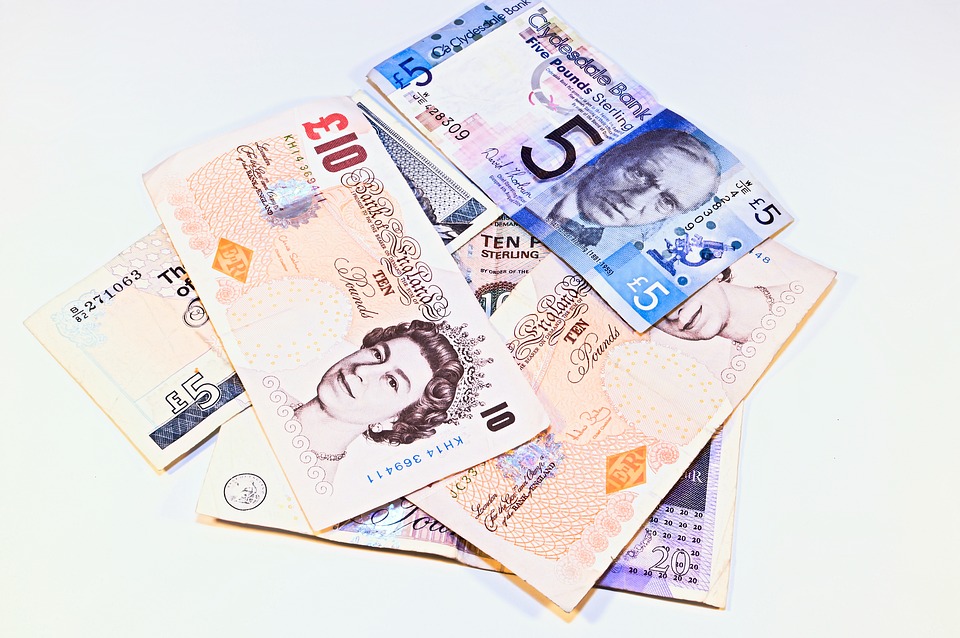UK banks face second wave of PPI payouts
Banks across the UK are facing a second wave of Payment Protection Insurance (PPI) payouts after a series of court rulings found that the products were unfair.

The ruling means that means anyone in the UK who was been denied payment from a bank, received only partial refunds or has never claimed can demand all their money back from a bank, regardless of whether the products were appropriate for them or not.
As it stands, UK banks have already paid out £38 billion in compensation for mis-sold PPI, making the scandal the largest consumer redress scheme in British history.
PPI policies were commonly sold alongside loans, credit cards and mortgages to cover repayments if people could not do so. However, PPI policies were often marketed to people who may not have been able to claim, were not aware that they were buying it or already had cover.
Banks selling PPI would receive huge commissions from insurers, in some cases accounting for more than 95% of the cost of the policy. Such commissions were never disclosed to customers. The courts have found that had customers been aware of the huge commissions, many would have questioned the value of PPI and might not have bought the policies.
The new refund demands are based on a different set of rules linked to this issue of commission which will open the floodgates to claims going back to the 1990s, when many of the policies were sold.
The court ruling means that even if customers were happy with a PPI product, they may still be able to claim compensation as they were unaware of the unfair nature of the product due to the high commission charges.
A second wave of payouts is a huge blow for the banks, which desperately hoped that the PPI saga had ended after a deadline was set for all claims to be submitted before August last year.
The ruling also comes as UK banks have allocated millions of pounds for bad coronavirus loans. Last week, Metro Bank posted a pre-tax loss of £240.6 million in the first six months of this year as it reported that COVID-19 had cost it around £109m.
In the last week of July, Virgin Money, the owner of Glasgow-based Clydesdale Bank, allocated an extra £42m to cover potential losses from an increase in bad COVID-19 loans. Lloyds Banking Group also posted a £602m pre-tax loss for the first half of this year, as the bank set aside £2.4 billion for bad loans.
Santander Group has suffered its largest loss in history with a 10.8bn euro (£9.8bn) loss for the first half of this year. Santander UK’s profits dropped by three quarters as the bank took a 12.6bn euros (£11.4bn) impairment for COVID-19 costs.
The Financial Conduct Authority has said up to 64 million PPI policies were sold in the UK, mostly between 1990 and 2010. About 32.4 million claims have been made, suggesting that only half of PPI misselling has been addressed.






